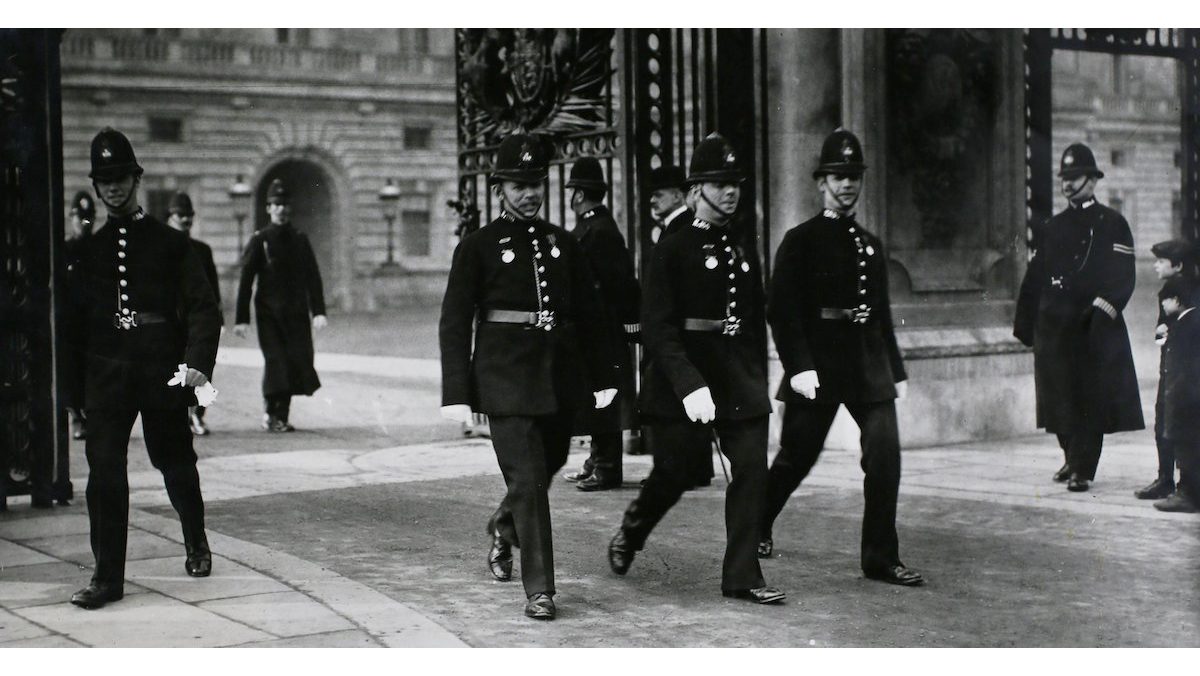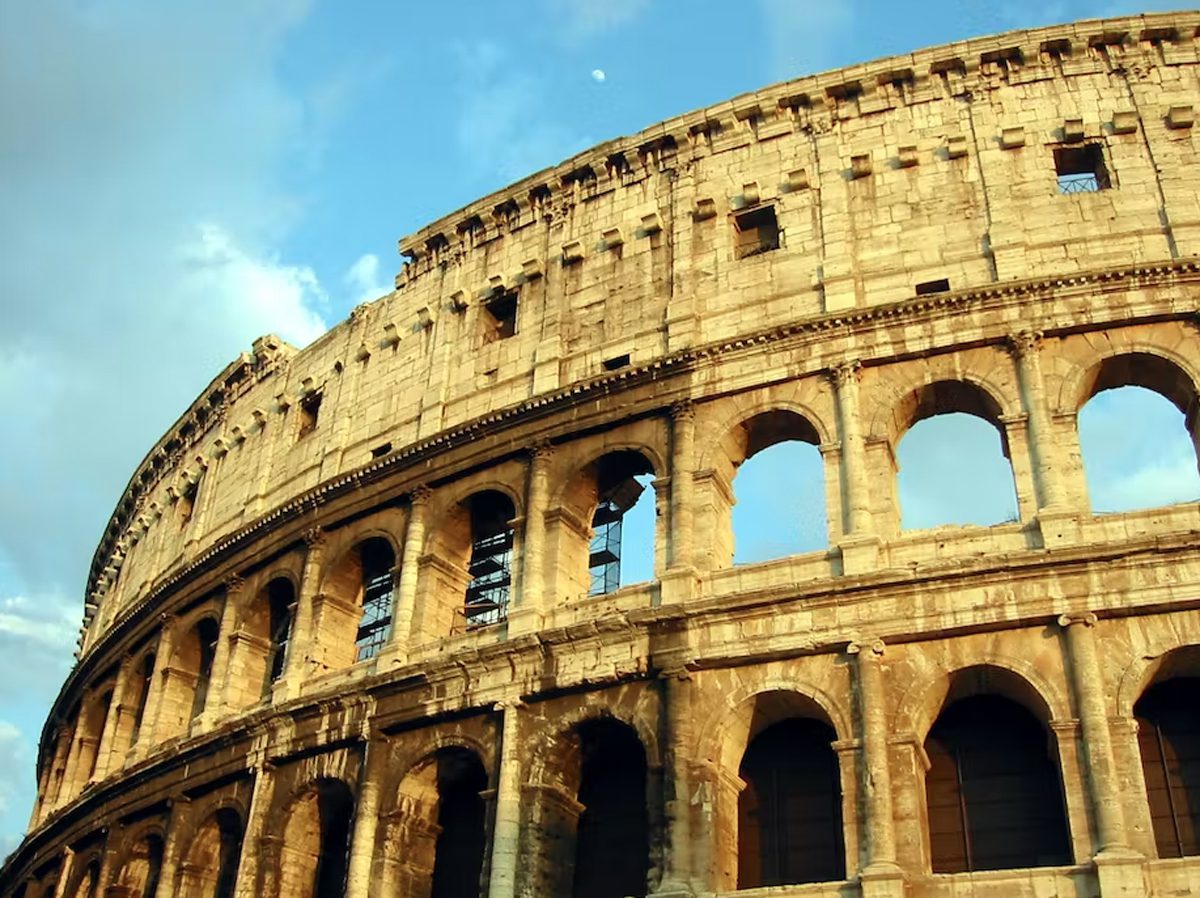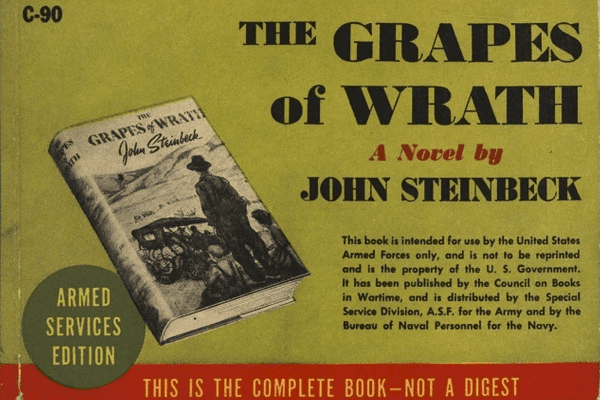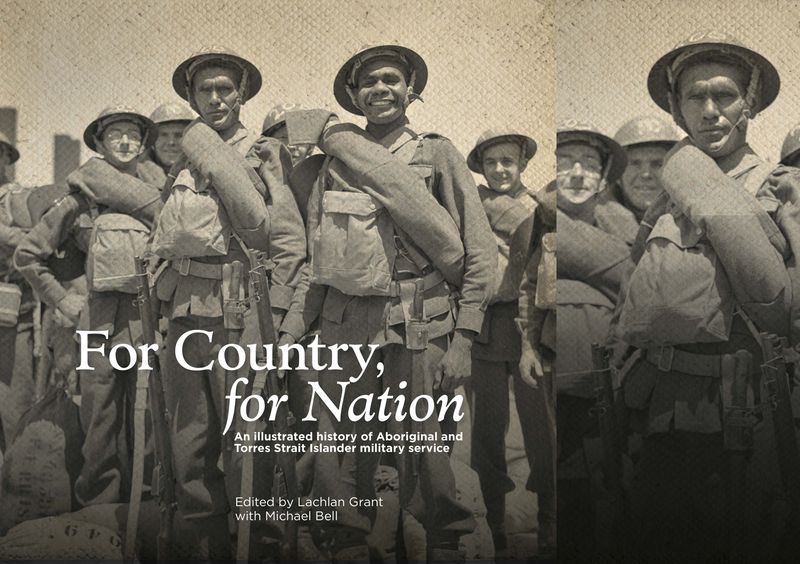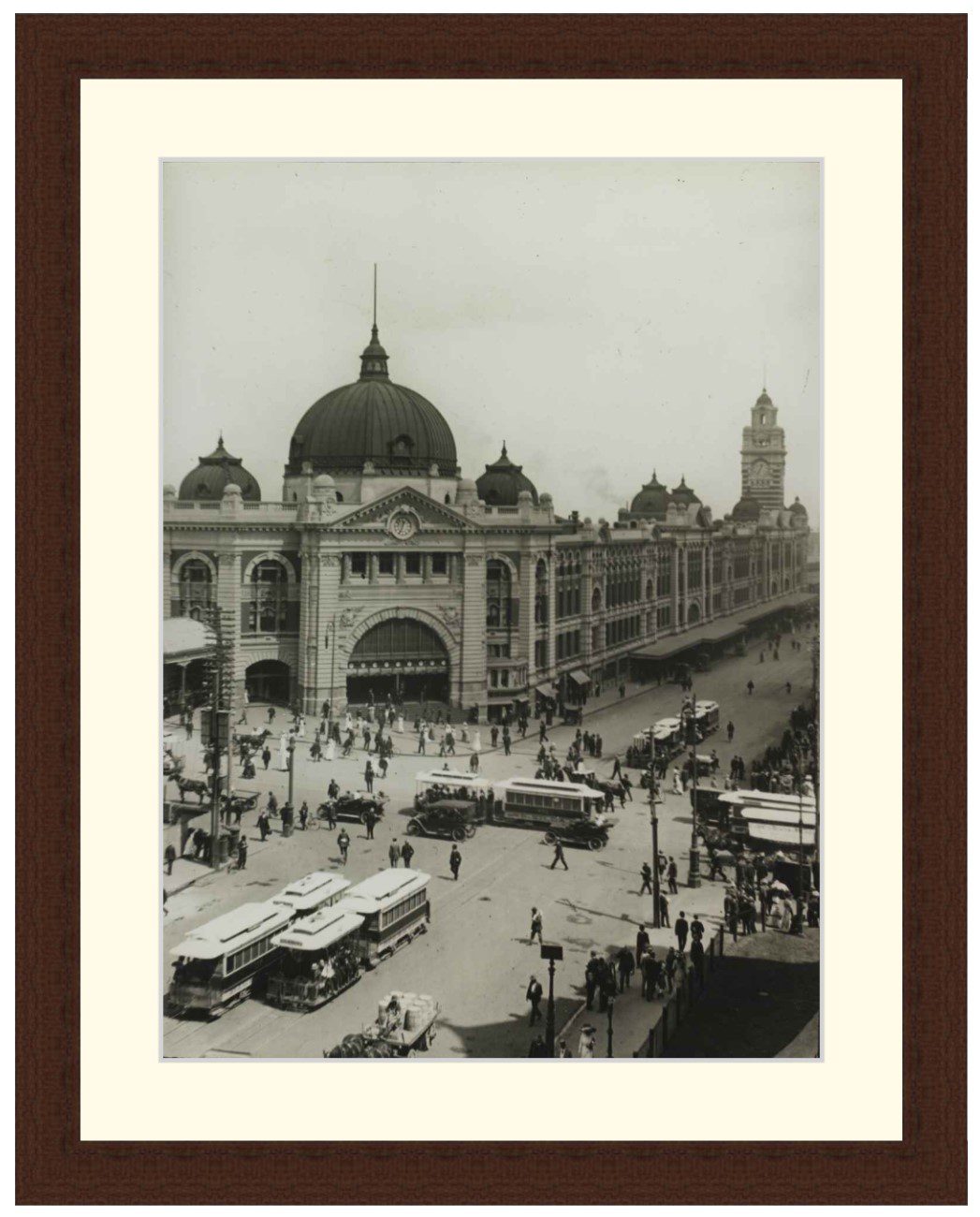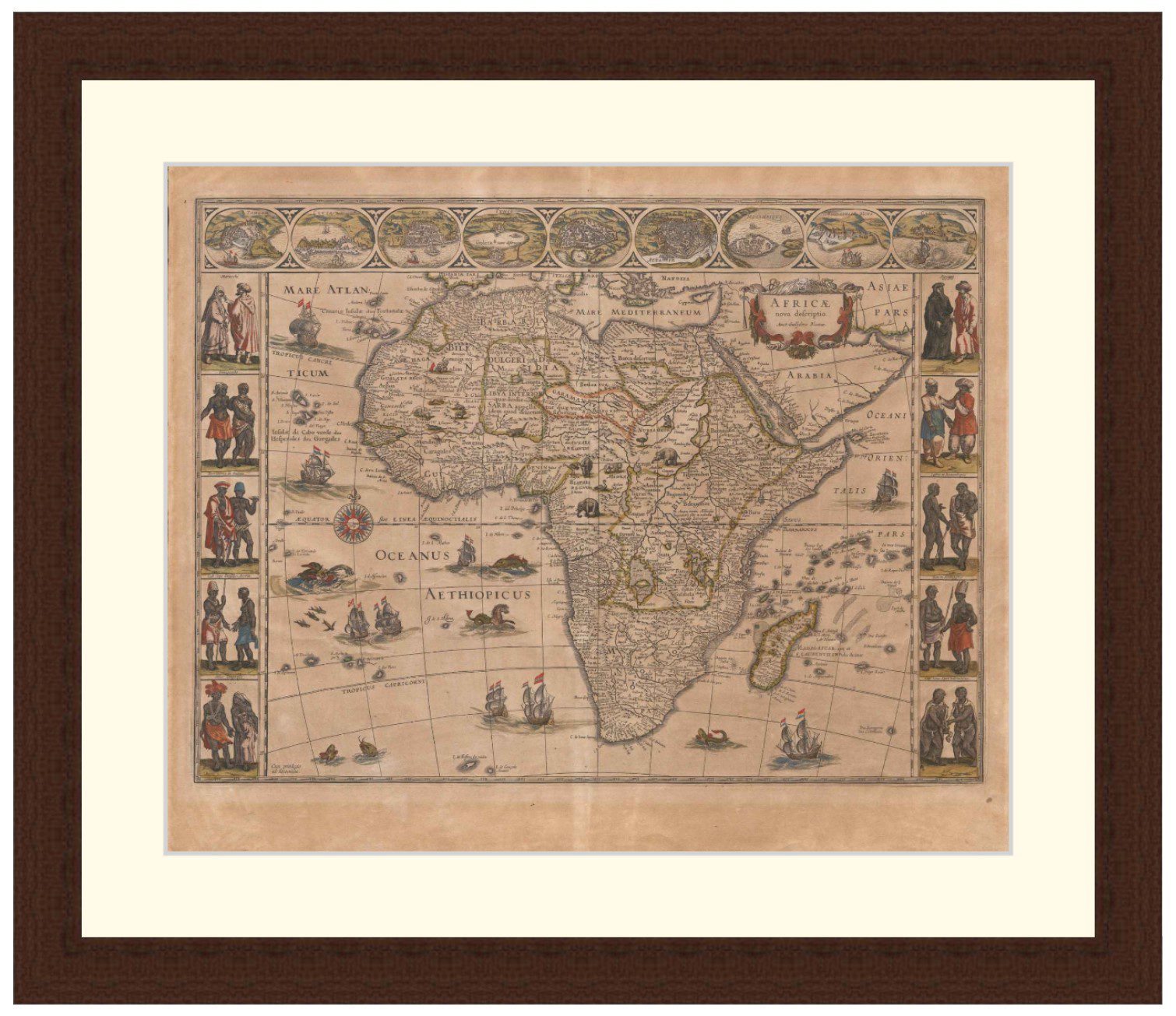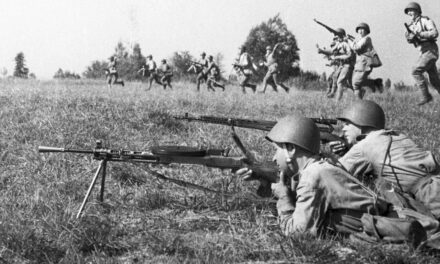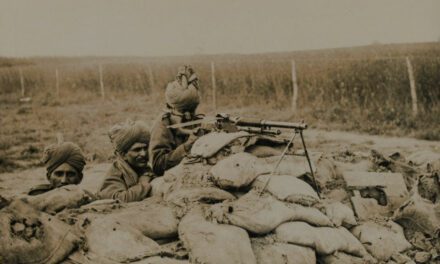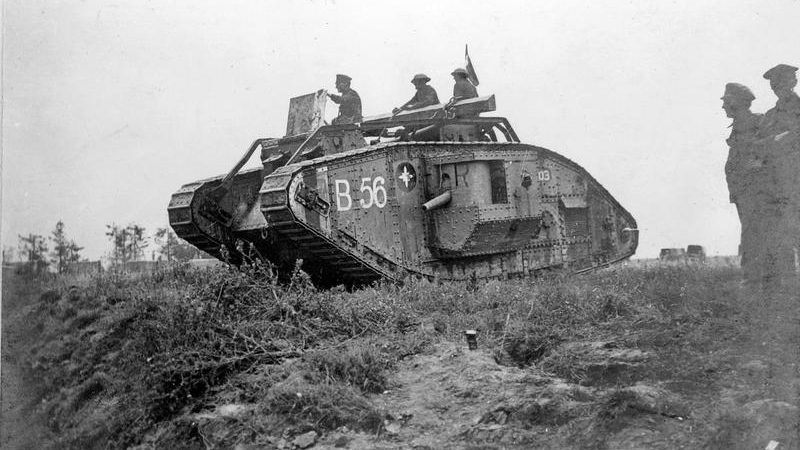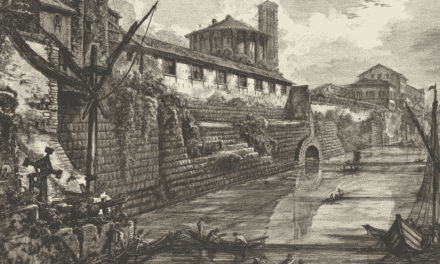The History Guild Weekly History Quiz.
See how your history knowledge stacks up.
Have an idea for a question? Suggest it here and we’ll include it in a future quiz!
Want to know a bit more about the questions in the quiz, or the story behind them? Read on!
1. Britain’s early police were given a nickname based upon which Prime Minister?
Robert Peel – He was instrumental in the creation of the London Metropolitan Police, who are nicknamed Bobbies, after Robert, and in the past were commonly called Peelers, after Peel.
2. Which tank is this?
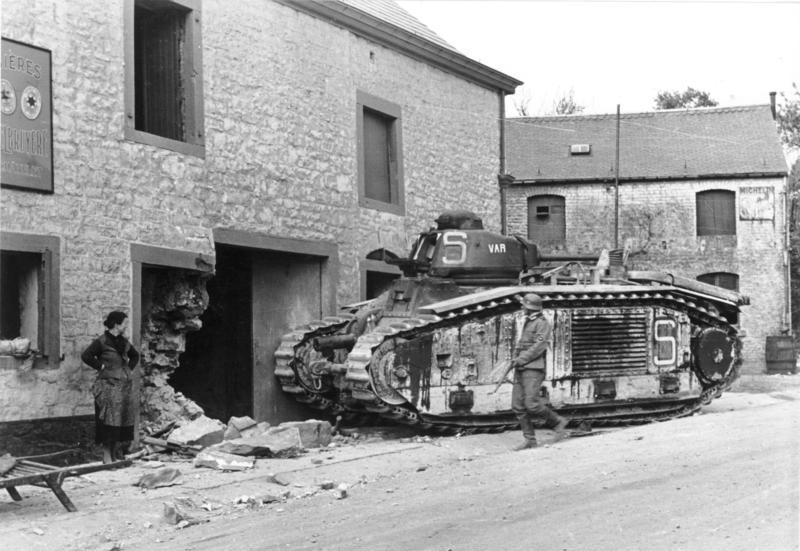
Char B1 – The Char B1 was a French heavy tank manufactured before World War II. Among the most powerfully armed and armoured tanks of its day, the type was very effective in direct confrontations with German armour in 1940 during the Battle of France, but slow speed and high fuel consumption made it ill-adapted to the war of movement then being fought.
3. Which cause were the 1969 Stonewall demonstrations supporting?
Gay rights – The Stonewall riots were a series of spontaneous demonstrations by members of the gay (LGBT) community in response to a police raid that began in the early morning hours of June 28, 1969, at the Stonewall Inn in the Greenwich Village neighborhood of Manhattan, New York City.
4. Under which monarch did the Prince of Wales become a part of the British Royal Family?
Edward I – The tradition of conferring the title “Prince of Wales” on the heir apparent of the monarch is usually considered to have begun in 1301, when King Edward I of England invested his son Edward of Caernarfon with the title at a Parliament held in Lincoln. According to legend, the king had promised the Welsh that he would name “a prince born in Wales, who did not speak a word of English” and then produced his infant son, who had been born at Caernarfon, to their surprise. However, the story may well be apocryphal, as it can only be traced to the 16th century, and, in the time of Edward I, the English aristocracy spoke Norman French, not English.
5. What was the order of construction of these canals, earliest to latest?
Grand Canal in Venice, Suez Canal, Panama Canal. – The Grand Canal in Venice probably follows the course of an ancient river, and there are records of it’s use as a canal since Roman times. The Suez Canal was completed in 1869, the Panama Canal in 1914.
6. What was unique about the Native American societies of the American Midwest? They constructed tens of thousands of earthen mounds up to 50m high. – These cultures began building mounds around 3500 BCE, long before the first pyramid was constructed in Egypt. By transporting millions of cubic feet of earth using only woven baskets, mounds were made into shapes of cones, rectangles, squares, circular plateaus, and animal figures – like the famous serpent mound in Ohio. Read more here.
7. What was the outcome of the Crimean War?
Anglo-French-Ottoman Victory – The Crimean War spanned October 1853 to February 1856. Russia lost to an alliance made up of France, the Ottoman Empire, the United Kingdom and Sardinia. The Crimean War marked a turning point for the Russian Empire. The war weakened the Imperial Russian Army, drained the treasury and undermined Russia’s influence in Europe. Russia would take decades to recover. The Crimean War included the famous Charge of the Light Brigade.
8. Which political party are these people a part of?
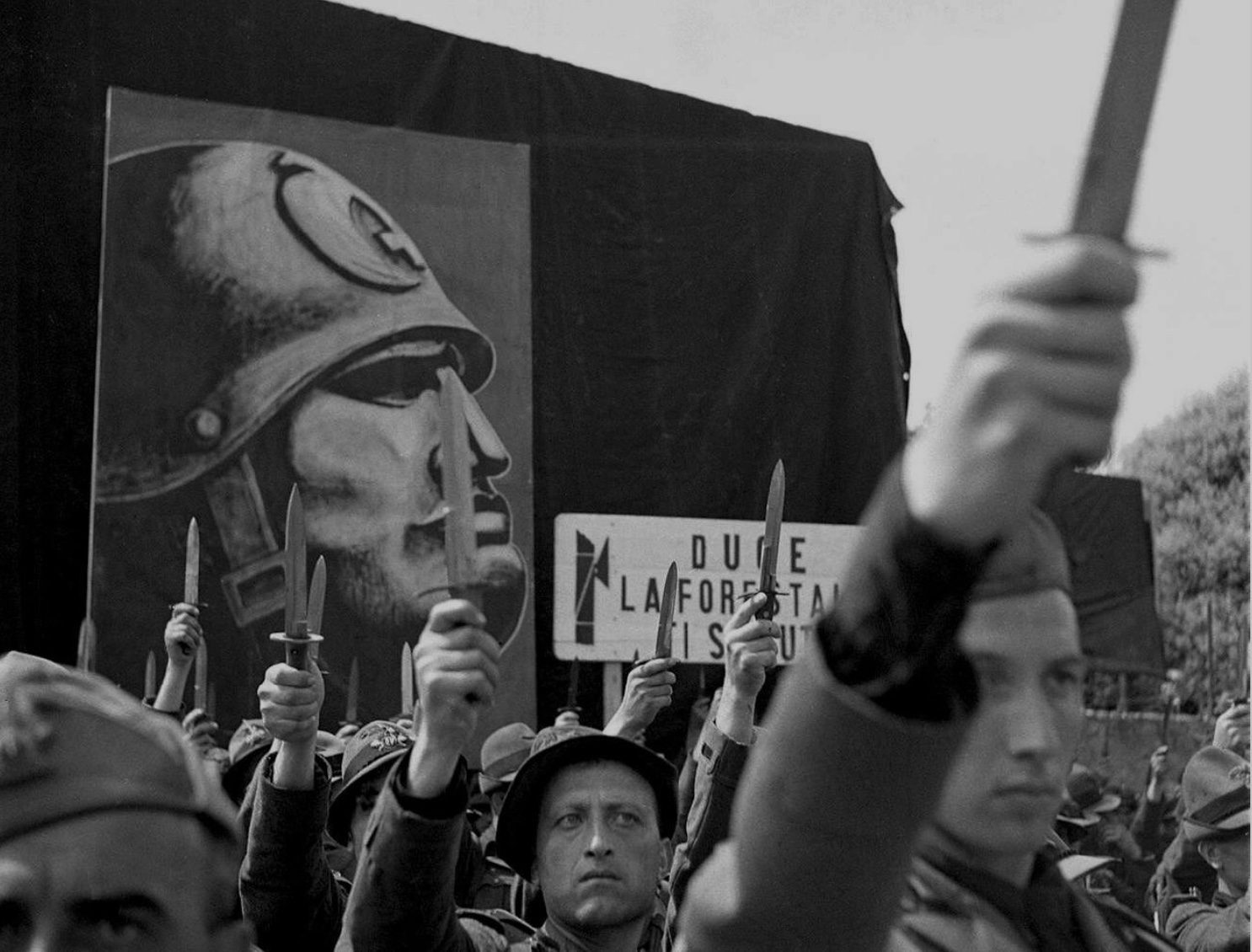
Italian National Fascist Party –
Italian Fascism was rooted in Italian nationalism, national syndicalism, revolutionary nationalism and the desire to restore and expand Italian territories, which Italian Fascists deemed necessary for a nation to assert its superiority and strength and to avoid succumbing to decay. Italian Fascists also claimed that modern Italy was the heir to ancient Rome and its legacy, and historically supported the creation of an imperial Italy to provide spazio vitale (“living space”) for colonization by Italian settlers and to establish control over the Mediterranean Sea.
Italian Fascism promoted a corporatist economic system whereby employer and employee syndicates are linked together in associations to collectively represent the nation’s economic producers and work alongside the state to set national economic policy. This economic system intended to resolve class conflict through collaboration between the classes. Originally, many Italian Fascists were opposed to Nazism as fascism in Italy did not espouse Nordicism and did not initially espouse the antisemitism inherent in Nazi ideology, although many fascists, in particular Mussolini himself, held racist ideas that were enshrined into law as official policy over the course of Fascist rule.
9. What rifle is this soldier armed with?

L42A1 Sniper Rifle – This soldier is pictured in the Falklands, with his L42A1. This rifle is a 7.62×51mm NATO conversion of the Second World War era .303 British chambered Lee–Enfield Rifle No. 4 Mk1(T). It was replaced by the L96A1 in 1985.
10. By what name is Leningrad now known?
Saint Petersburg – A city of many names! Originally Sankt-Peterburg, after the outbreak of World War I, the Imperial government renamed the city Petrograd to remove the German connotations. In 1924, shortly after the death of Vladimir Lenin, it was renamed to Leningrad. In 1991, the original name, Sankt-Peterburg, was returned by citywide referendum. Today, in English the city is known as Saint Petersburg.
Articles you may also like
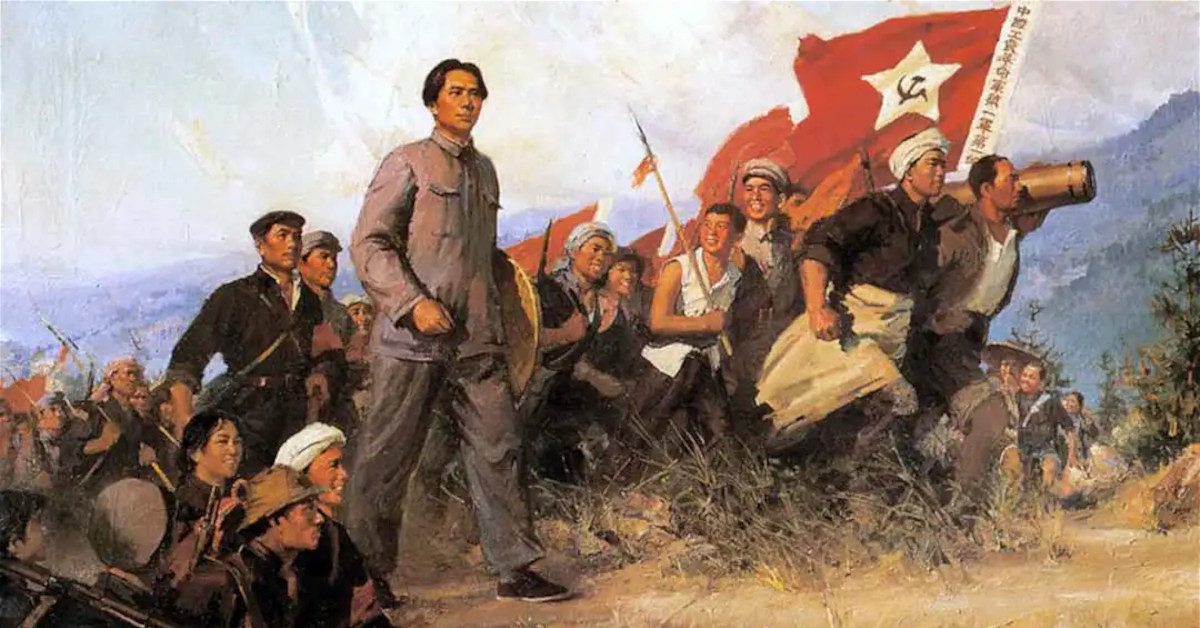
THE 25,000-LI JOURNEY: INSIDE THE LONG MARCH, MODERN CHINA’S FOUNDING MYTH
Reading time: 12 minutes
On 21th September 1949, Mao Zedong took to the podium in Huairen Hall, Zhongnanhai, a former royal residence in Beijing, to announce that “the Chinese people, comprising one quarter of humanity, have now stood up.”
These striking words were all too appropriate for the moment: for Mao it represented the end of a quarter-century journey to the pinnacle of his own party and finally his country – a journey which began with the Long March.

